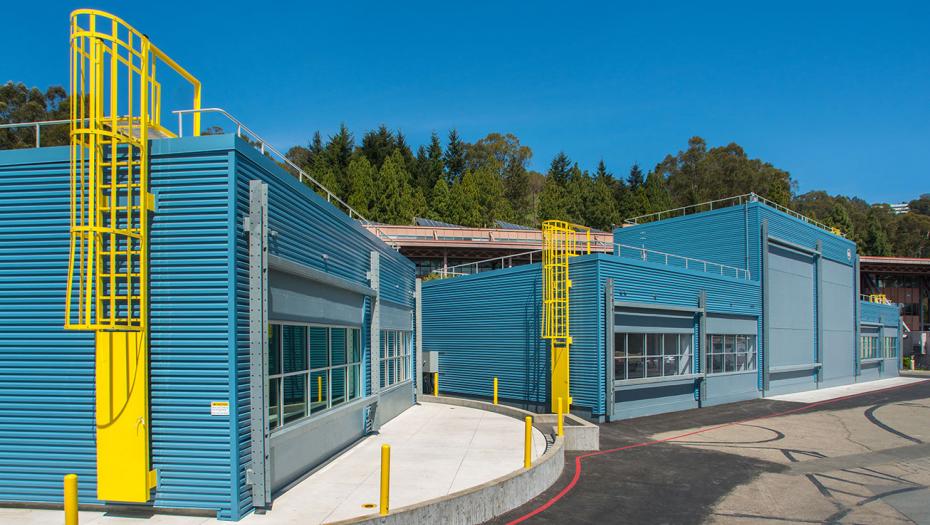Innovation is brewing in the Bay Area, and it’s not coming from another app development. FLEXLAB, a laboratory dedicated to studying energy efficiency, just opened up at the Lawrence Berkeley National Laboratory in the hills above UC Berkeley.
The lab is supported by the U.S. Department of Energy, and as of now, it is the only one of it’s kind in the world.
“It’s the first that tests system level technologies,” says Cynthia Regnier, FLEXLAB’s executive manager. “[FLEXLAB] provides a platform upon which we could test these systems and revalidate performance and improve it before it gets committed and built in the order of hundreds of thousands of square footage and millions of dollars of investment.”
According to local newspaper Contra Costa Times, startups, architects, designers, utilities and manufacturers in the Silicon Valley are invited to use FLEXLAB for fees adjusted to specific needs.
There are four separate labs to test-drive different technologies: Heating, ventilation and air-conditioning systems, lighting, windows and the building envelope.
Find out more at FLEXLAB’s official website.
Related Stories
| Aug 11, 2010
Integrated Project Delivery builds a brave, new BIM world
Three-dimensional information, such as that provided by building information modeling, allows all members of the Building Team to visualize the many components of a project and how they work together. BIM and other 3D tools convey the idea and intent of the designer to the entire Building Team and lay the groundwork for integrated project delivery.
| Aug 11, 2010
Great Solutions: Healthcare
11. Operating Room-Integrated MRI will Help Neurosurgeons Get it Right the First Time A major limitation of traditional brain cancer surgery is the lack of scanning capability in the operating room. Neurosurgeons do their best to visually identify and remove the cancerous tissue, but only an MRI scan will confirm if the operation was a complete success or not.
| Aug 11, 2010
Great Solutions: Collaboration
9. HOK Takes Videoconferencing to A New Level with its Advanced Collaboration Rooms To help foster collaboration among its 2,212 employees while cutting travel time, expenses, and carbon emissions traveling between its 24 office locations, HOK is fitting out its major offices with prototype videoconferencing rooms that are like no other in the U.
| Aug 11, 2010
2009 Judging Panel
A Matthew H. Johnson, PE Associate Principal Simpson Gumpertz & HegerWaltham, Mass. B K. Nam Shiu, SE, PEVP Walker Restoration Consultants Elgin, Ill. C David P. Callan, PE, CEM, LEED APSVPEnvironmental Systems DesignChicago D Ken Osmun, PA, DBIA, LEED AP Group President, ConstructionWight & Company Darien, Ill.
| Aug 11, 2010
Inspiring Offices: Office Design That Drives Creativity
Office design has always been linked to productivity—how many workers can be reasonably squeezed into a given space—but why isn’t it more frequently linked to creativity? “In general, I don’t think enough people link the design of space to business outcome,” says Janice Linster, partner with the Minneapolis design firm Studio Hive.
| Aug 11, 2010
BIM school, green school: California's newest high-performance school
Nestled deep in the Napa Valley, the city of American Canyon is one of a number of new communities in Northern California that have experienced tremendous growth in the last five years. Located 42 miles northeast of San Francisco, American Canyon had a population of just over 9,000 in 2000; by 2008, that figure stood at 15,276, with 28% of the population under age 18.










